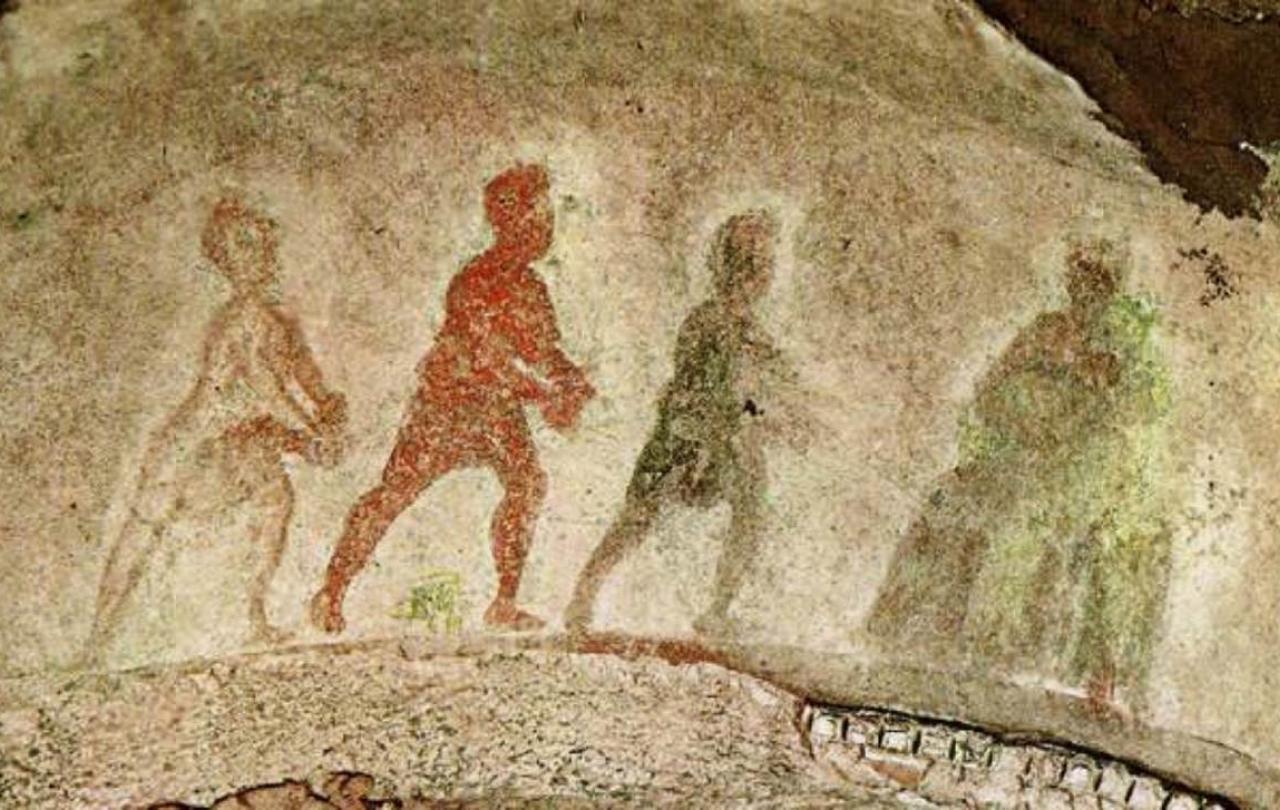
In my view, It’s a Wonderful Life is not the best Christmas film ever. It is simply the best film ever, full stop.
Released in 1946, the film focuses on the life of a man called George Bailey who lives in the small town of Bedford Falls. As a young man, George intends to “shake off the dust of this crumby little town” and get away to see the world and achieve great things. Yet through tragedy and his own sense of responsibility, he ends up spending his entire life in Bedford Falls running the building cooperative that his late father established.
He sacrifices a lot. He ends up giving the college money he has saved to his younger brother so he can go to university instead of him. During the depression he and his new wife give their honeymoon funds to keep the Building & Loan bank going. All the time he battles against the richest and most ruthless businessman in town, Henry Potter, who is determined to build his business empire at everyone else’s expense.
The film focuses on a Christmas Eve where George stands accused of fraud and faces scandal and jail. It’s all too much for him – the lost dreams, the feeling of insignificance and the heavy burdens he has carried for so long – crash in on him. Drunk and alone, he finds himself on a bridge, wishing he had never been born and preparing to commit suicide.
Yet at this lowest ebb, salvation comes. Through the visit of an angel, George is enabled to see what would have happened if he had never lived. He sees the impact that his life has had on so many people and on the whole town. He realises what a wonderful life he has had.
The film has a basic, raw message about living right. Our cynical age tells us that there is no point in trying to change things. But this is not true.
So why is it such a great film?
I love this film so much that, rather embarrassingly, I bought the DVD of it for my best friend two Christmases in a row. The main reason is because it has given me inspiration in my life and work.
Why? I think it’s for the following three reasons.
It’s realistic about the hardship of life. Mainly due to the final scene many now perceive it as quite a sentimental film, but when it was released, it was not popular because it was considered too dark. It’s because the film depicts the struggles that many ordinary people face – such as debt, low self-esteem and feelings of insignificance.
Also, in the character of Henry Potter, it sharply criticises the greed and self-interest of money-makers who don’t care about people. Henry Potter acts within the law but does not care about how people are affected by his money making. Profit overrides everything else.
In standing up to Potter, George Bailey is ‘sticking it to the Man’ and this is costly and tough. The renewal of community does not come without resistance against the powerful forces of greed and self-interest.
It shows that how we live does make a difference to the world. George Bailey’s life makes a massive difference to his town. Through unglamorous dedication he helps hundreds of people escape Potter’s slum housing and own their own homes. His bravery and leadership builds up his community and offers dignity and hope to others.
The film has a basic, raw message about living right. Our cynical age tells us that there is no point in trying to change things. But this is not true – we can make a difference if we have courage and commitment. George Bailey’s life shows the importance of how we live and the choices we make – we will invest simply in profits or will we invest in people?
But the key thing is that we will never really know the difference we are making. It’s a mystery beyond what we can grasp. We cannot avoid the need to have faith.
It’s about the love and grace of God. The opening scenes of It’s a Wonderful Life commences with George’s friends and family saying prayers for him because they know he is in trouble. And at the end of the film, with their prayers answered, together all of George’s friends sing ‘Hark the Herald Angels Sing’.
People who want to make a positive difference in our broken world don’t need lofty idealism or utopian dreams of naive optimism.
It’s significant that the film starts with prayers and then ends with a hymn – because essentially, it’s all about grace, redemption and salvation.
Too often words like this simply sound like religious jargon – as if they just refer to ‘getting into heaven when we die.’ But this is a damaging misunderstanding. Salvation is needed now – people are desperate in the face of meaninglessness, low self-esteem and suicidal thoughts. Also, people need redeeming from lives of greed and selfishness. Jesus meets people in these needs – he both comforts those who are disturbed – and also disturbs those who are comfortable.
God’s love and grace comes to us in the midst of real issues. This is the core message of Christmas: that God became human, in history. He came to earth to share the real struggles that humanity faces and to conquer them with his redeeming love.
People who want to make a positive difference in our broken world don’t need lofty idealism or utopian dreams of naive optimism. We know how damaged the world and its people are. But whether you are Christian or not, we all need inspiration, encouragement and hope to make a difference. And this is where It’s a Wonderful Life works a treat.





